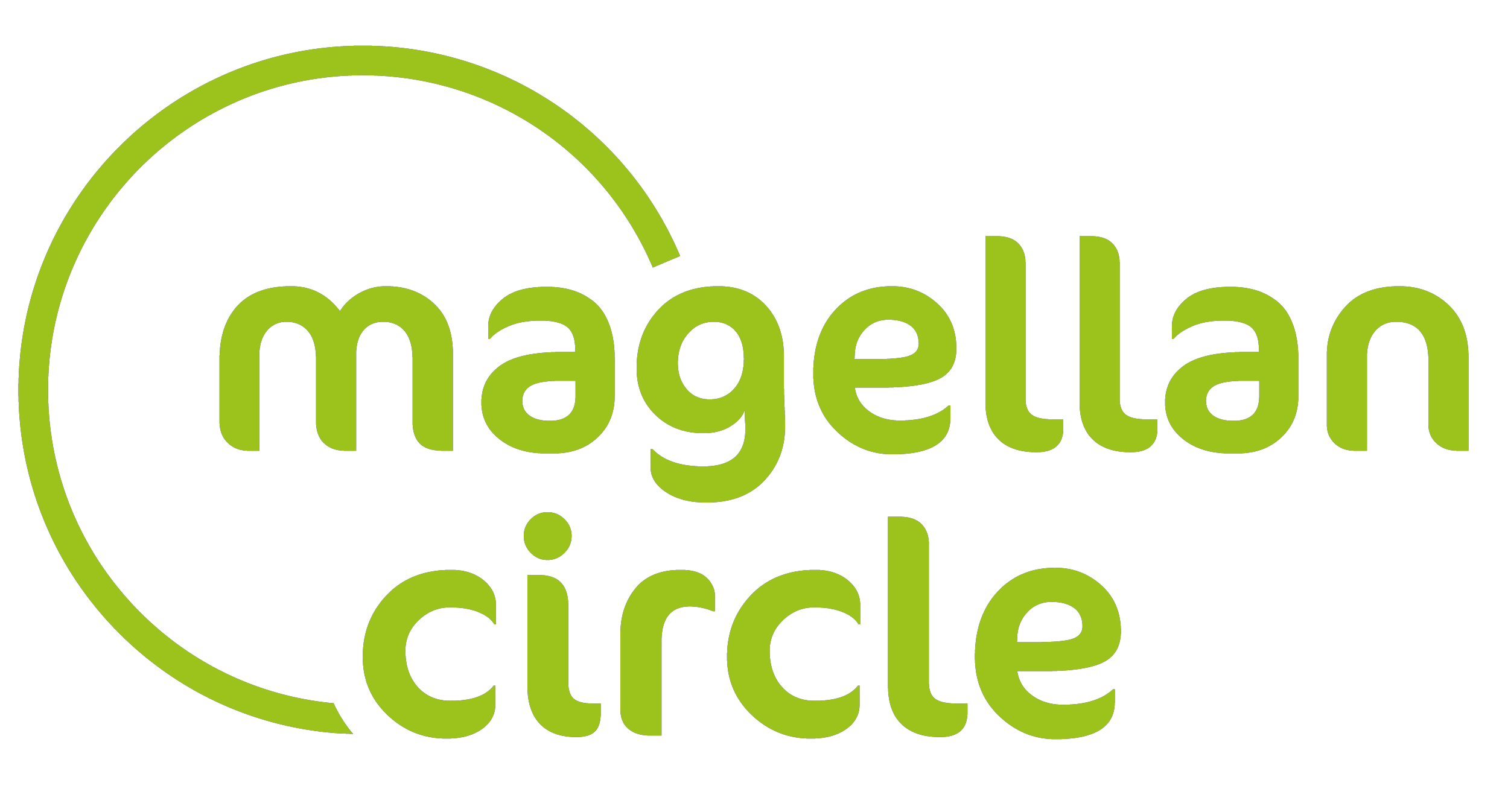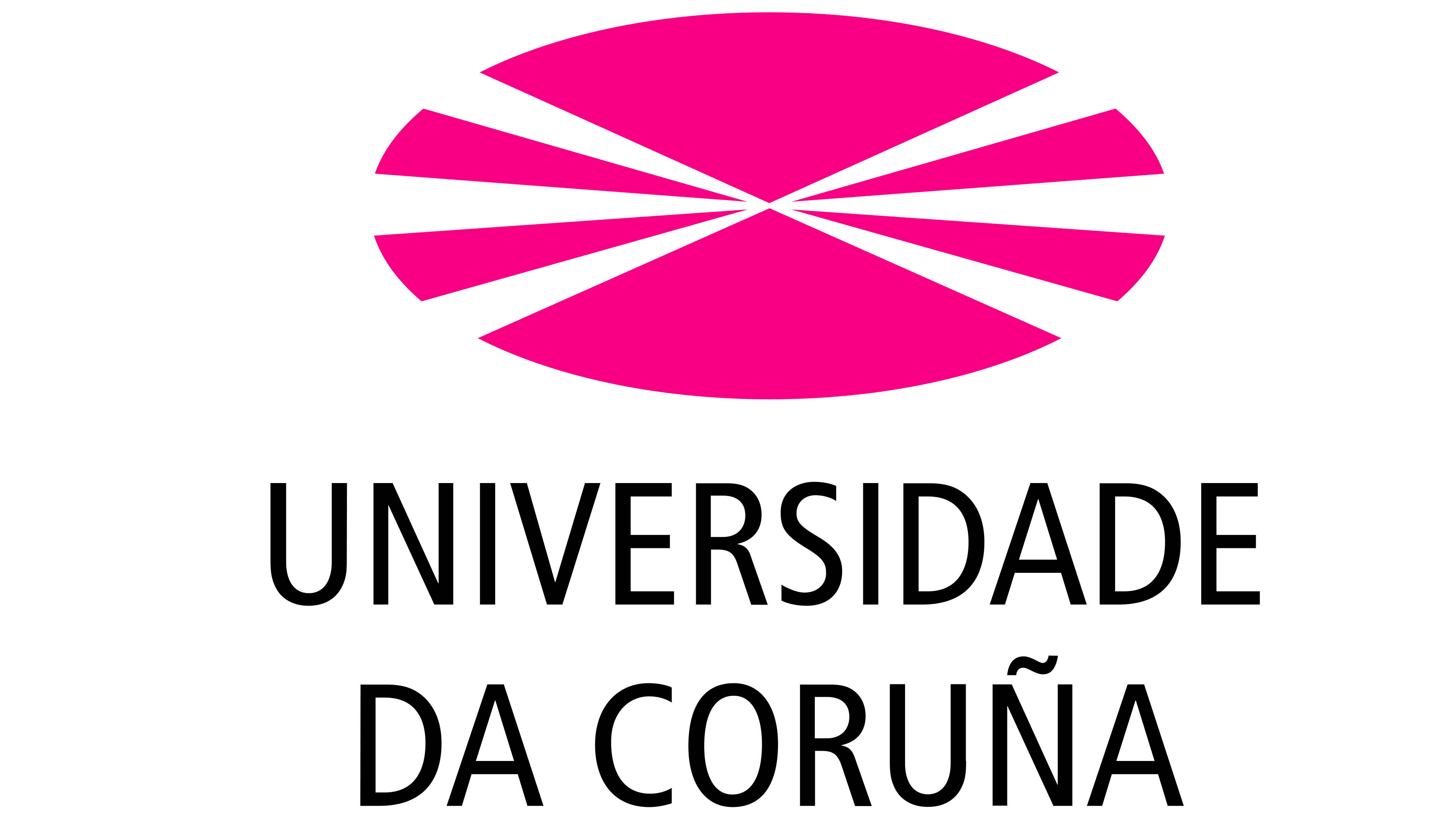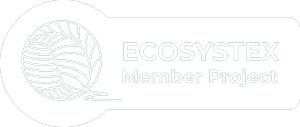The Project
The climate neutrality, aimed by the EU to be reached by 2050, cannot be achieved without a significant change in the manufacturing sector. Reduction of its pollution and waste and increase of its reprocessing potential is a must to achieve a true circular and sustainable economy. The replacement of fossil raw materials by bio-based ones is crucial for the green transition of manufacturing industries. To lower the environmental impact to a greater degree, the bio-based products should be easy to reuse and recycle. However, a transition from conventional materials to bio-based ones requires not only the development of new raw- materials (e.g. biopolymers), but also the adaptation or even implementation of new manufacturing routes for them. The textile, packaging and footwear sectors contribute in large-scale to the world pollution: 10% of the global greenhouse gas emissions are caused by clothing and footwear production and, in 2018, the generated packaging waste in the EU was estimated at 174.1 kg per inhabitant. Petrochemical-based materials used in textile, footwear and packaging sectors are a threat to the environment due to their non-biodegradable and non-renewable nature.
Waste2BioComp will have a significant impact on the reduction of the use of fossil-based materials, not only in the approached three value chains (textiles, packaging and footwear), which are highly resource and polluting intensive sectors, but also with potential for several other sectors and applications.
The project will run for 36 months, and it will be constituted by 13 partners from France, Germany, Italy, Portugal, Spain and Switzerland.
Objectives
bio-based precursors
(PHAs, capsules & particles, dyes & pigments), materials (textiles,plastic films, foams for shoe soles and insoles), and final demonstrators for the textile, shoe, and packaging VCs
smart manufacturing processes
(inkjet printing, electrospraying, fermentation, nanoencapsulation, compounding, extrusion, thermoforming, microwave assisted chemical recycling) for the new bio-based materials
training materials
for a skilled workforce on the new manufacturing processes
Work Packages
WP1
Development of application tailored biopolymers, precursors and additives
Led by HKL (Hochshule Kaiserslautem), WP1 aims to develop innovative chemical and fermentative methods for the obtention of PHAs of different crystallinities and flexibility via adjustment of their molecular architecture, especially through the change in the side-chain length and structure, from organic wastes and recycling sources rich in carbohydrates; adjust the property profiles of novel PHAs to the needs of each particular application via functionalisation; produce micro- and nanoparticles and NCs with encapsulated bioactives, from these PHAs. The exploitation of innovative bio-based dyes and pigments, obtained by a combination of chemical and bacterial fermentation processes, for the formulation of bio-based inks for inkjet printing is also an aim.
WP2
Smart inkjet printing for bio-based inks deposition
Fronted by MTE (MTEX New Solution SA) WP2 sets its ambitions on the development of inkjet printing systems with innovative piezo control tech and automated systems for just-in-time ink preparation, and for substrates transport and support, including a robotic arm to hold and move 3D objects for inkjet printing, adapted for the application of bio-based inks develop in WP1 in different substrates, both 2D and 3D. Consequently, it also aims to develop characterization methods for these printed, and locally functionalized, substrates.
WP3
Smart manufacturing processes for bio-based foams, films, composites, and textiles
In WP3, UDC (Universida da Coruña) leads us through the research and development of different manufacturing systems or processing methodologies, for each of the intended bio-based materials, obtained from the PHAs, microparticles and functional NCs developed in WP1: compounding for foams (for shoe soles and insoles); extrusion, blown extrusion and thermoforming for plastic films and biocomposites (for packaging); electrospray system for fibres and nonwovens (for face masks). As well as exploitation of existing and new characterisation methods and quality controls for bio-based materials.
WP4
Use cases and validation of bio-based products
With CTV (CITEVE) as its main beneficiary, WP4 aims to produce demonstrators for each VC (textile, shoes and packaging), from the bio-based materials developed in WP3 (shoe soles and insoles from bio-based composites and foams; packaging from bio-based plastic films; face masks from PHAs nonwovens coated on cotton substrates; fashion garments from inkjet printed (and functionalized) textile and leather substrates), and assessment of their properties in relevant environments, showing a transition towards green manufacturing technologies.
WP5
Re-manufacturing and Recycling
Led by GRN (GR3N SA), WP5 explores different EoL (End-of-Life) alternatives for the materials developed in WPs3-4, namely re-manufacturing of fashion garments by colour removal and reprinting, and recycling by chemical and biotechnological processing, and repolymerization into value feedstock to introduce again in these VCs.
WP6
Toxicity and sustainability assessment
Guided by HKL (Hochshule Kaiserslautem), WP6 will assess the toxicity of the bio-based components and products developed in W2BC, including cytotoxicity, and of the compostability and biodegradability of the materials for which re-manufacturing or recycling is not possible. Moreover, WP6 will also quantify the sustainability of the proposed solutions, compared with conventional products, by assessment of LCA (life cycle assessment), LCC (life cycle costing) and SLCA (social life cycle assessment). Besides assessment and quantification, the WP6 will verify the compliance of the W2BC products, components and technologies, with existing and new regulations and standards.
WP7
Dissemination, Communication, Training, Exploitation and Innovation Management
With MAG (Magellan) at the forefront of WP7, the latter aims to maximise the project’s impact, by: ensuring effective communication and outreach of the project ́s activities and results to the identified target groups; disseminate W2BC by raising awareness about the project’s results and making them available to the multiple stakeholders; provide the tools and develop the skills needed for the implementation of biomaterial-based manufacturing activities (training); developing the project’s exploitation strategy, realised by market analyses, benchmarking and technology watch, business models and business plans for commercialization. Related to this exploitation, the WP includes innovation management, which encompasses IPR management and Open Science matters.
WP8
Project Management
In WP8, CTV (CITEVE) will provide the project’s coordination and management, in terms of administrative and financial management, and technical coordination, aiming at a quality achievement of the project results, an efficient and pleasant collaboration environment, a timely and transparent reporting of activities, results, employed resources, and financial coordination. This WP will also address “Responsible R&I” issues, namely regarding ethics and gender equality and inclusiveness.
Ambassadors
Coming soon…





